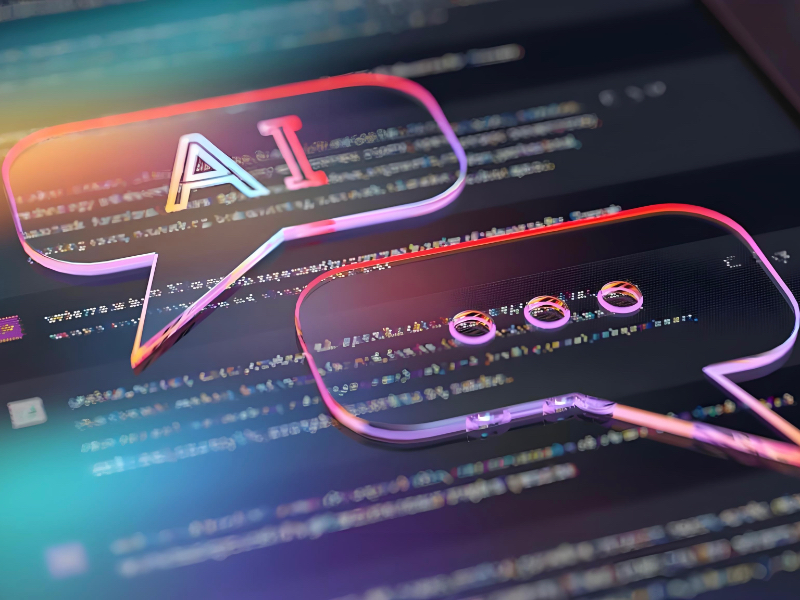- Magic is in the midst of a funding round that has raised more than $200 million at a valuation of $1.5 billion.
- Magic tris to make it possible for coding assistants to design and write entire software applications without human help.
OUR TAKE
The Magic AI model is able to understand and process a large number of contexts simultaneously thanks to an innovative design that goes beyond the traditional Transformer model commonly used in large language models such as OpenAI’s GPT model.
–Zora Lin, BTW reporter
What happened
Magic, a U.S. startup that develops AI models that write software, is raising more than $200 million in a funding round that values it at $1.5 billion, just months after the company’s last funding, three sources tell Reuters.
The startup, which has about 20 employees, is valued at $500 million after a funding round last February, according to PitchBook. Although Magic is not yet profitable and does not have any products to sell, this round of funding could result in a threefold increase in Magic’s valuation from its previous round. Previous investors include Nat Friedman and Daniel Gross’s NFDG Ventures, as well as Alphabet’s CapitalG.
Magic and several other startups are trying to make it possible for coding assistants to design and write entire software applications without human help by training their own large language models, an effort that comes with significant costs, including buying data, chips and electricity.
Also read: UK leads Europe in GenAI startups, Accel reveals
Also read: Nvidia and Salesforce back AI startup Cohere with $450M
Why it’s important
By training large language models to develop coding assistants, Magic and other startups seek to design and write entire software applications without human intervention, which, if successful, could revolutionise software development, improve efficiency and reduce costs.
Magic plans to use the funds to improve models that support long context Windows, which are able to process more data in a single query, critical for AI systems that handle complex problems and needs. This technological advance could drive advances in language understanding and application design, changing the way people interact with software.
The successful implementation of automated programming assistants could lead to industry change, attracting more investment and attention.

